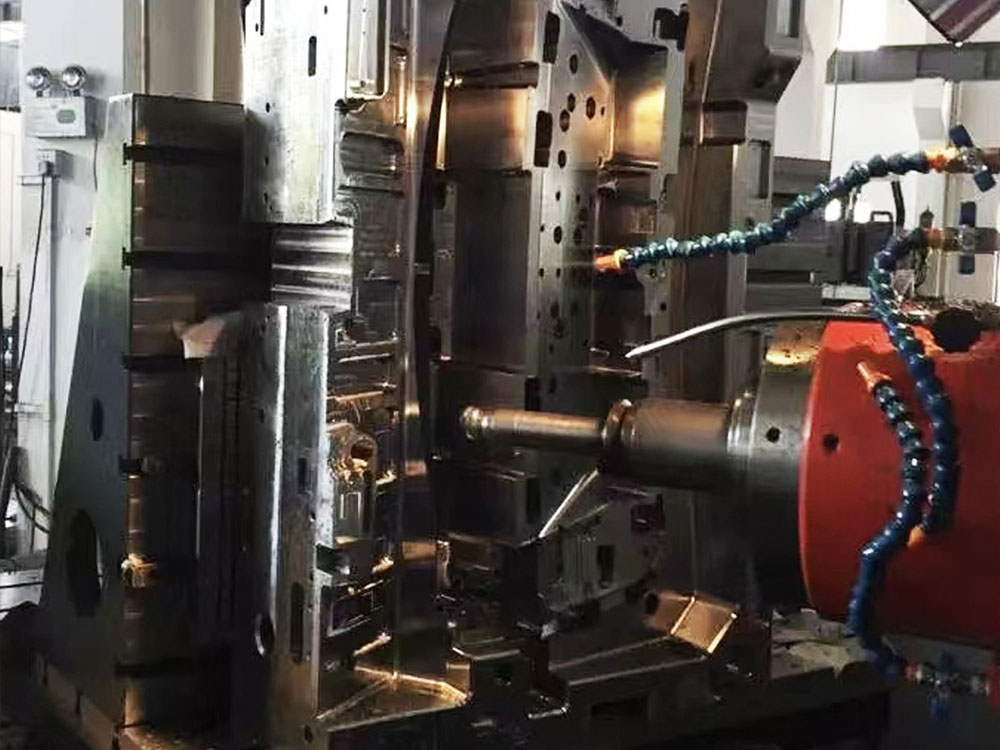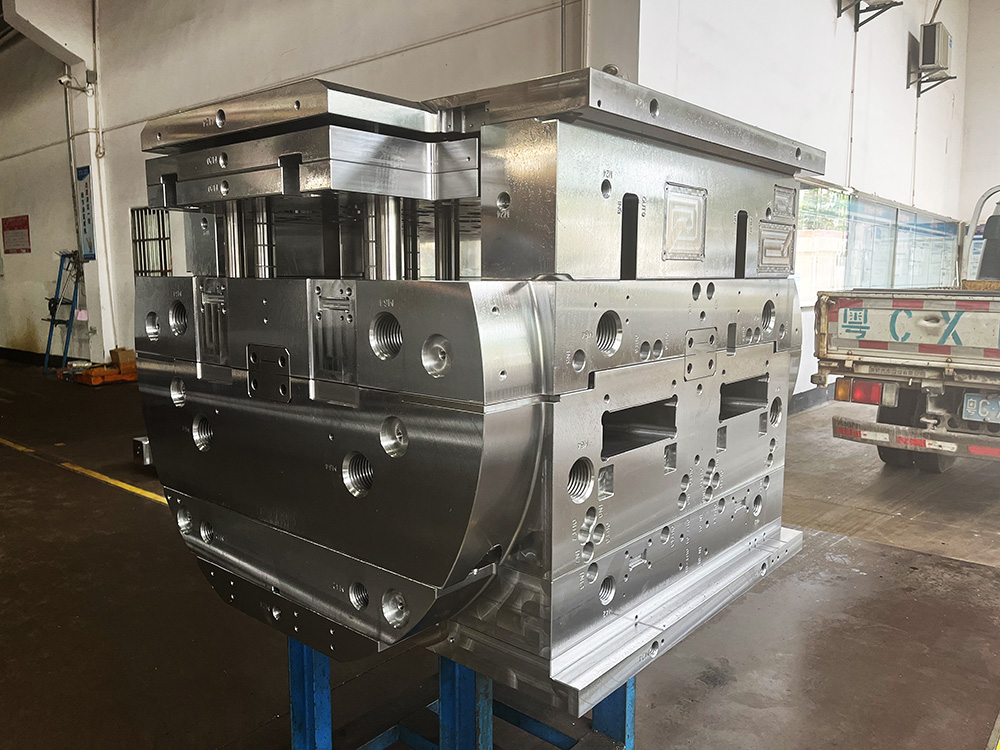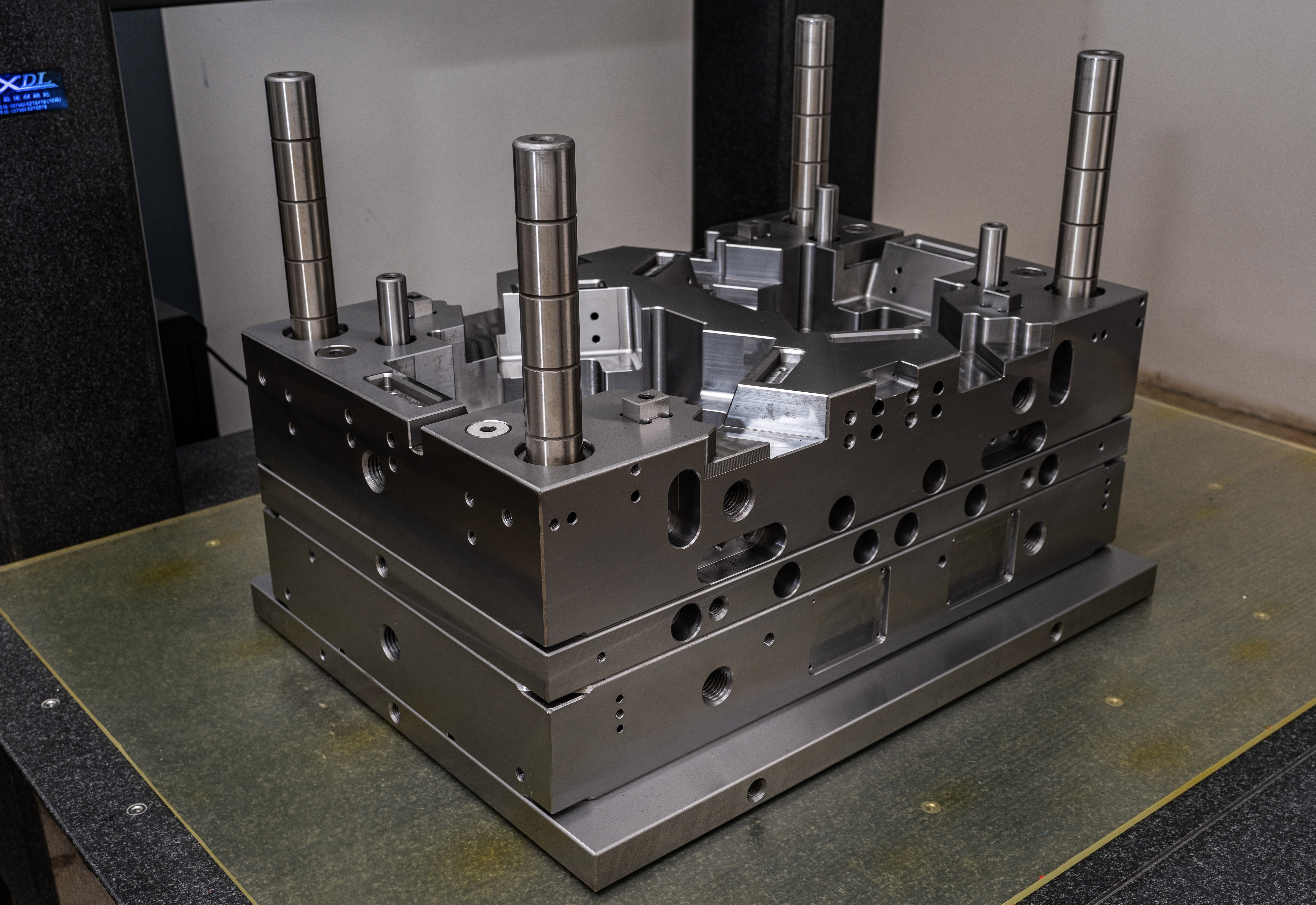Introduction
The mold base industry plays a crucial role in the efficient production of various products. With the ever-growing demand for customized and high-quality molds, personalized solutions have become instrumental in streamlining production processes. This article will explore the concept of personalized solutions and their importance in the mold base industry.
Understanding Mold Base
Before delving into personalized solutions, it is essential to comprehend the fundamentals of mold base. Mold base refers to the framework that holds the mold cavity, which, in turn, shapes the final product. It provides the necessary support and alignment for the mold components and assists in the effective cooling and ejection of the molded part.
The Need for Personalized Solutions
In today's dynamic manufacturing landscape, businesses constantly seek ways to enhance efficiency, reduce costs, and optimize production. Standardized mold bases often fail to meet these requirements, leading to the demand for personalized solutions. By tailoring the mold base to specific production needs, manufacturers can achieve higher accuracy, faster cycle times, and improved part quality.
Benefits of Personalized Solutions
1. Enhanced Precision: Personalized solutions allow for the design and manufacturing of mold bases that precisely fit the specific product requirements. This eliminates potential inaccuracies and ensures consistent and precise part production.
2. Streamlined Production Processes: By aligning the mold base with production requirements, personalized solutions facilitate smooth and optimized production workflows. This leads to reduced setup times, improved machine utilization, and increased overall productivity.
3. Cost Savings: Personalized solutions eliminate the need for excessive modifications or adjustments in the production process. This reduces material waste, energy consumption, and downtime, resulting in significant cost savings in the long run.
4. Flexibility: Personalized mold bases offer greater flexibility to adapt to changing production demands. This enables manufacturers to quickly respond to market trends and customer preferences without extensive retooling or investment in new molds.
Implementing Personalized Solutions
1. Comprehensive Analysis: To determine the optimal personalized solution, manufacturers must conduct a thorough analysis of their production requirements and identify areas that can benefit from customization.
2. Design and Engineering: Once the analysis is complete, design and engineering teams work together to develop a mold base that addresses the identified needs. This includes considering factors such as mold material, cooling systems, part ejection mechanisms, and automation integration.
3. Prototyping and Testing: Before implementing the personalized solution on a larger scale, it is crucial to create prototypes and conduct testing to ensure the effectiveness and efficiency of the proposed mold base.
4. Implementation and Evaluation: Once the personalized mold base is ready, it can be integrated into the production process. Continuous evaluation and monitoring help identify any areas for improvement and further optimization.
Conclusion
The mold base industry continues to evolve, driven by the need for efficient and customized production processes. Personalized solutions offer numerous benefits, including enhanced precision, streamlined workflows, cost savings, and flexibility. By embracing personalized solutions, manufacturers can position themselves for growth and success in a highly competitive manufacturing landscape.




